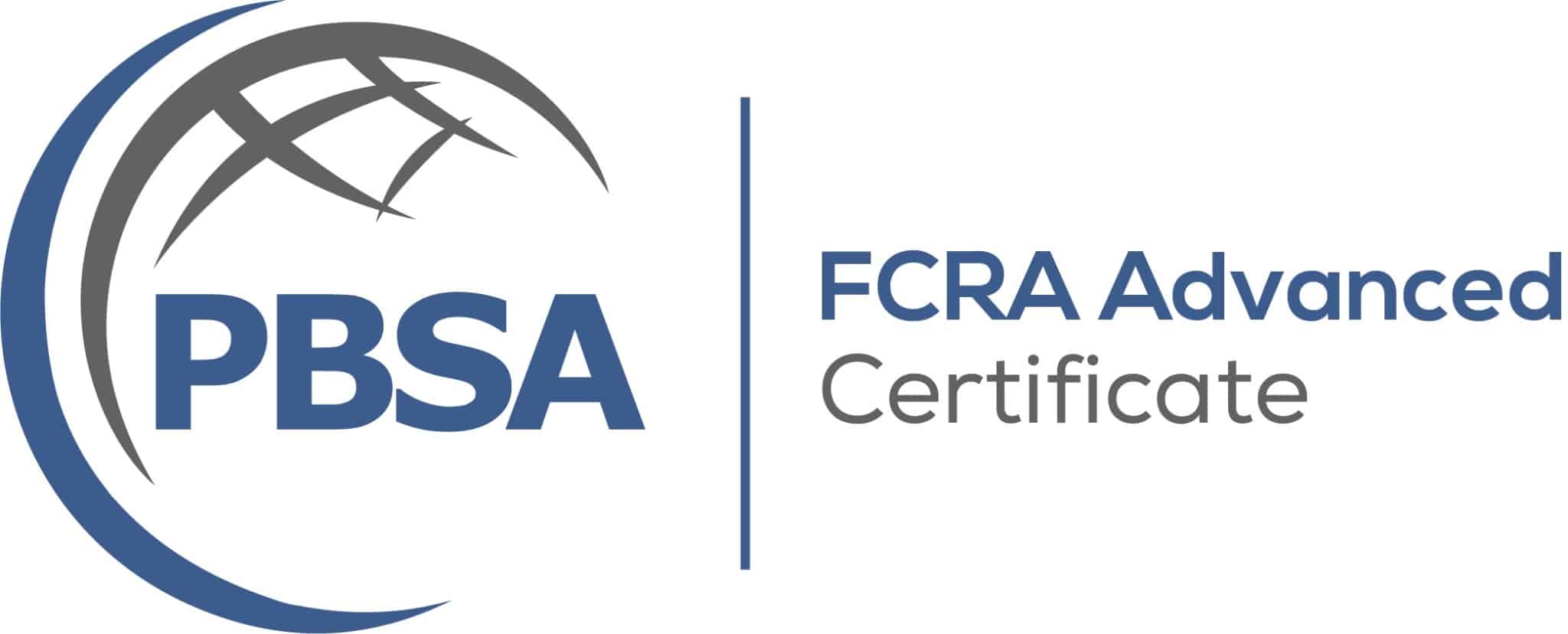
Deferred Prosecution
Compliance note
- Deferred prosecution cases may still appear in background checks, depending on state reporting laws and record sealing rules.
- Employers must review deferred cases carefully and avoid automatic disqualification to comply with EEOC fair hiring guidance.
- The Fair Credit Reporting Act (FCRA) requires consumer reporting agencies to report accurate and up-to-date information, including the final disposition of any deferred prosecution.
- Adjudication decisions should be consistent and documented to prevent potential claims of discrimination or negligent hiring.
Related Terms and Posts
Frequently Asked Questions
A: It means charges were filed but placed on hold pending the completion of specific requirements. If the conditions are met, the case may be dismissed and not result in a conviction.
A: It may appear depending on state reporting laws and whether the case has been sealed or expunged. Employers should interpret such results carefully under FCRA and EEOC guidelines.
A: Employers should assess deferred cases individually, considering job relevance, state laws, and time elapsed, rather than imposing blanket exclusions.
DISCLAIMER: The information provided in this glossary is for general informational purposes only and should not be construed as legal advice. While we strive for accuracy, EDIFY Background Screening does not guarantee that the definitions or explanations are complete, up to date, or error-free. Employers should always consult with competent legal counsel to ensure compliance with applicable laws and regulations.
Stay Updated with EDIFY Insights Newsletter
Get compliance tips, background screening updates, and HR best practices delivered straight to your inbox.





